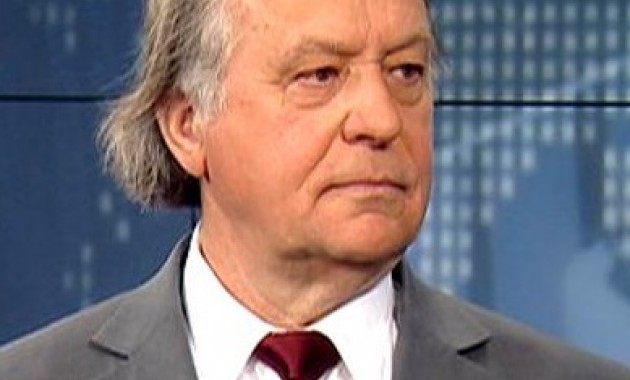During the last months, Turkey's relations with Europe have escalated: Ankara is seriously considering the final denial of the ongoing negotiations on accession to the European Union. Turkey's relations with the United States remain uncertain at the moment: the bilateral agenda includes such complex issues as the allied relations of the US with the Syrian Kurdish rebel groups closely linked to the PKK, as well as the extradition of cleric Fethullah Gulen, blamed by Ankara for a failed coup last summer.
Against this background, the Turkish leadership has intensified cooperation with Russia in various areas. What is the purpose of Ankara? "The game Turkey is playing with Russia is very ambitious. On the one hand, it is about showing the equivalence of the influence and power of both Russia and Turkey (which was demonstrated by the destruction of the Russian military aircraft). On the other hand, this game concerns mainly the Muslim countries of Central Asia and the South Caucasus (Turkmenistan, Uzbekistan, Kyrgyzstan, Tajikistan, Kazakhstan and Azerbaijan). All these states are more than close to Russia, but at the same time they fear the Russian "tsarist" hegemony," Professor Wilfried Fuhrmann from Potsdam told Vestnik Kavkaza.

"These fears also apply to China, which is bursting into the Central Asian region and Turkey, which has outwardly strengthened with its economic capabilities and aspiration for regional domination. All this President Erdogan has known for many years. Nevertheless, it seems that his purpose is to create a "free" political liaison in the form of a "jointly managed Islamic Union", in order to subsequently introduce this bloc into the Eurasian Union. Such a "pro-Turkish bloc" within the EEU would become economically and politically practically equivalent to Russia, while simultaneously receiving protection from military intervention by the West at the expense of the Russian nuclear umbrella," the expert believes.
According to Fuhrmann, despite the fact that the likelihood of Turkey establishing an effective "Islamic Union" for the subsequent entry into the EEA is not very high, these two possible steps are the flywheel of the Turkish pendulum policy aimed at seeking special concessions and benefits from both sides. The West knows and fears this. "Western counteraction mechanisms are strong financial incentives, as well as proposals for the supply of modern weapons. Despite this, the West still continues to make a bid for military intervention," the professor noted.






